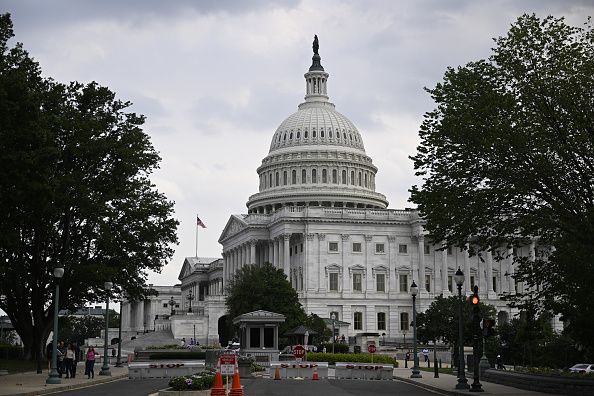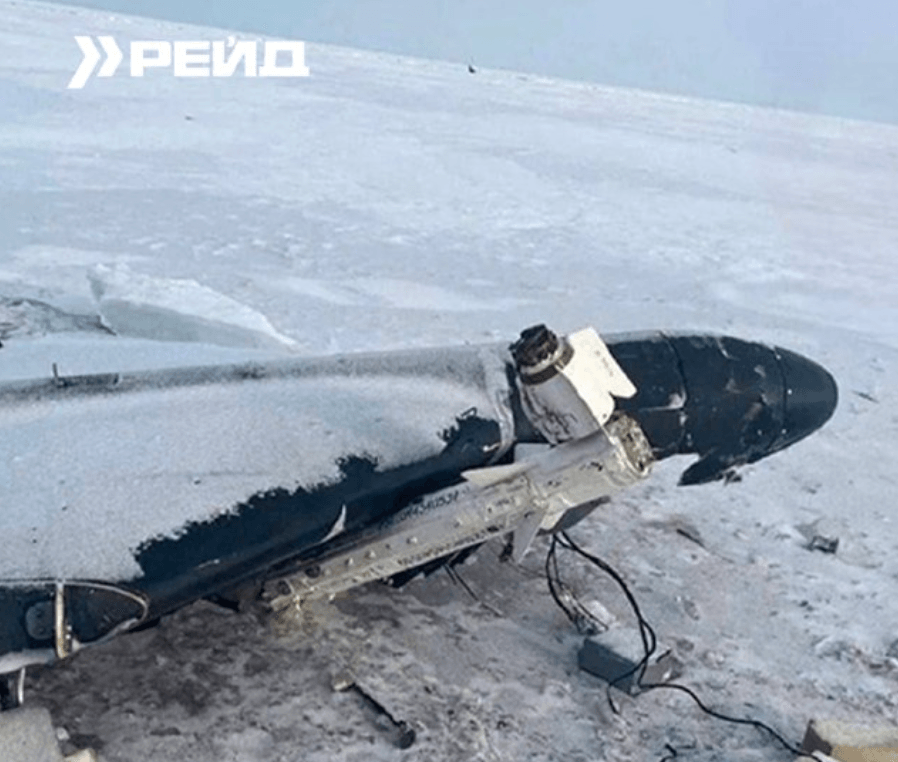ISW: Kremlin's continued nuclear threats aimed at deterring Western aid to Ukraine

The Kremlin's ongoing threats of using nuclear weapons against Ukraine and its allies are aimed in part at deterring Western aid to Ukraine, the Institute for the Study of War (ISW) assessed in their daily report on Feb. 7.
In its assessment, the ISW refers to comments made by Russian Security Council Deputy Chairman Dmitry Medvedev on Feb. 7, in which Medvedev suggests that if a conflict between Russia and NATO were to occur, Russia would level the playing field by using “ballistic and cruise missiles carrying special warheads” — referring to nuclear warheads.
According to the ISW, Russia's sabre-rattling threats by top Kremlin officials, including Russian President Vladimir Putin, are aimed at deterring Western aid to Ukraine, as well as "domestically promoting Kremlin narratives that NATO — and the West generally — poses an existential threat to Russia."
Russia's ongoing threats persist as uncertainty surrounding U.S. aid funding to Ukraine continues.
Earlier on Feb. 7, Senate Republicans voted against a bipartisan agreement that tied a $118 billion aid funding package for Ukraine and Israel with domestic border reform. If the bill is successful in passing through the Senate, a potential showdown in the House of Representatives loom, where House Speaker Mike Johnson has vowed the bill would be "dead on arrival."
Since the start of Russia's full-scale invasion of Ukraine, Russian officials have regularly threatened the use of tactical nuclear weapons in Ukraine and against NATO allies. At times, Kremlin officials have become objects of ridicule since their numerous threats have failed to materialize.
Although unlikely, the threat of Russia using tactical nuclear weapons is "real," according to comments made by U.S. President Joe Biden.
"When I was out here about two years ago saying I worried about the Colorado River drying up, everybody looked at me like I was crazy," Biden told a group of donors in June 2023. "They looked at me like (that) when I said I worry about Putin using tactical nuclear weapons. It's real."
In May 2023, Putin signed an agreement with Belarusian President Alexander Lukashenko to place Russian non-strategic nuclear weapons on Belarusian territory. Just last month, Belarus announced that it has updated its military doctrine, allowing for the first time the provision for the use of nuclear weapons.
According to Pentagon documents that The Telegraph obtained on Jan. 26, the U.S. plans to station nuclear weapons in the U.K. for the first time in years to counteract ongoing Russian threats.












